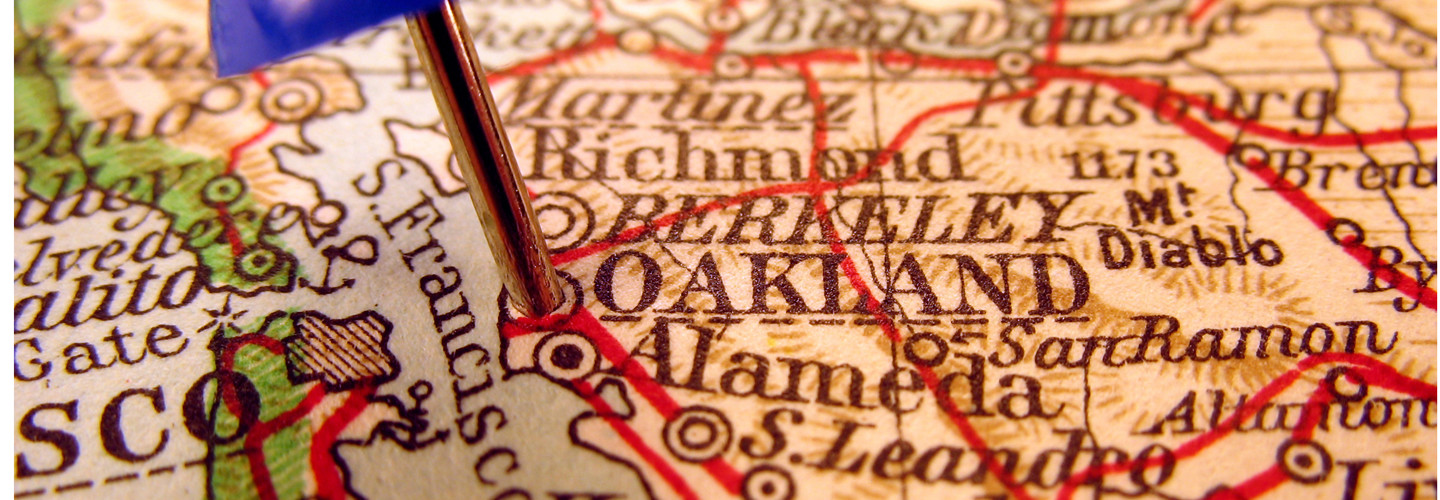Oakland's Record-Tracking App Is a Model for Open Government
Over the past month, the city of Oakland has received more than 300 records requests, ranging from crime statistics in local neighborhoods to the minutes and agendas for every city council meeting held in 1998.
That’s great news for residents who want open access to the inner workings of government and data about their community. But responding to hundreds of record requests in a timely manner can put additional strain on small government staffs with heavy workloads.
“As public records requests became larger and more complex, city employees found coordinating a response to be difficult,” the city wrote on its new records request website. “The old software system no longer met their needs, and many requests remained untracked. Members of the public complained they didn’t understand what happened after they submitted their requests and it took too long to get the records they needed.”
If this sounds like your city, you’re not alone. Washington, D.C., and New York City also have installed new FOIA-tracking systems to improve government transparency and accountability, Government Executive reports.
Making Government Transparent
In Oakland, the records request process is transparent to requesters — and everyone else, for that matter. Anyone with Internet access can parse nearly 5,000 public records requests to the city, including messages and documents uploaded by agency staff, using Oakland’s web-based application RecordTrac.
Some requests are more specific than others. One requester asked for a list of foreclosed homes —including the assessor’s parcel numbers — that Oakland investors have bought and registered with the city since November 2012.
“RecordTrac is core to the city’s goals of increased transparency, more efficient processes and better access to public information,” according to Cris Cristina, a 2013 Code for America fellow, who worked on the Oakland project.
RecordTrac Saves Time and Money
The city usually gets between 400 and 500 records requests a month, Cristina said. Posting previously requested records saves the city time and money and helps to diffuse frustrations over delayed responses. “The city, just like a lot of other cities, struggles to provide digital services” at a time when residents expect better and faster services, he explained. “Right or wrong, that’s the expectation that has been set with things like online banking.”
In 2012, 2 percent of requests the city received were for records it did not have, such as birth, death and marriage certificates. This year, there have been far fewer requests for those records, thanks to a feature on the website that alerts requesters if they are searching for records the city does not have. The city estimates that the feature has saved thousands of dollars in human resources.
Cristina and the other fellows want to build on the open-source code used to develop the Oakland app and make it easy for other cities to adopt the code and create their own record-tracking systems.
“The value of this tool over what is being used in most cities is that RecordTrac is a transparency tool,” Cristina said. “Every request gets put online so everyone can see what’s happening.”








